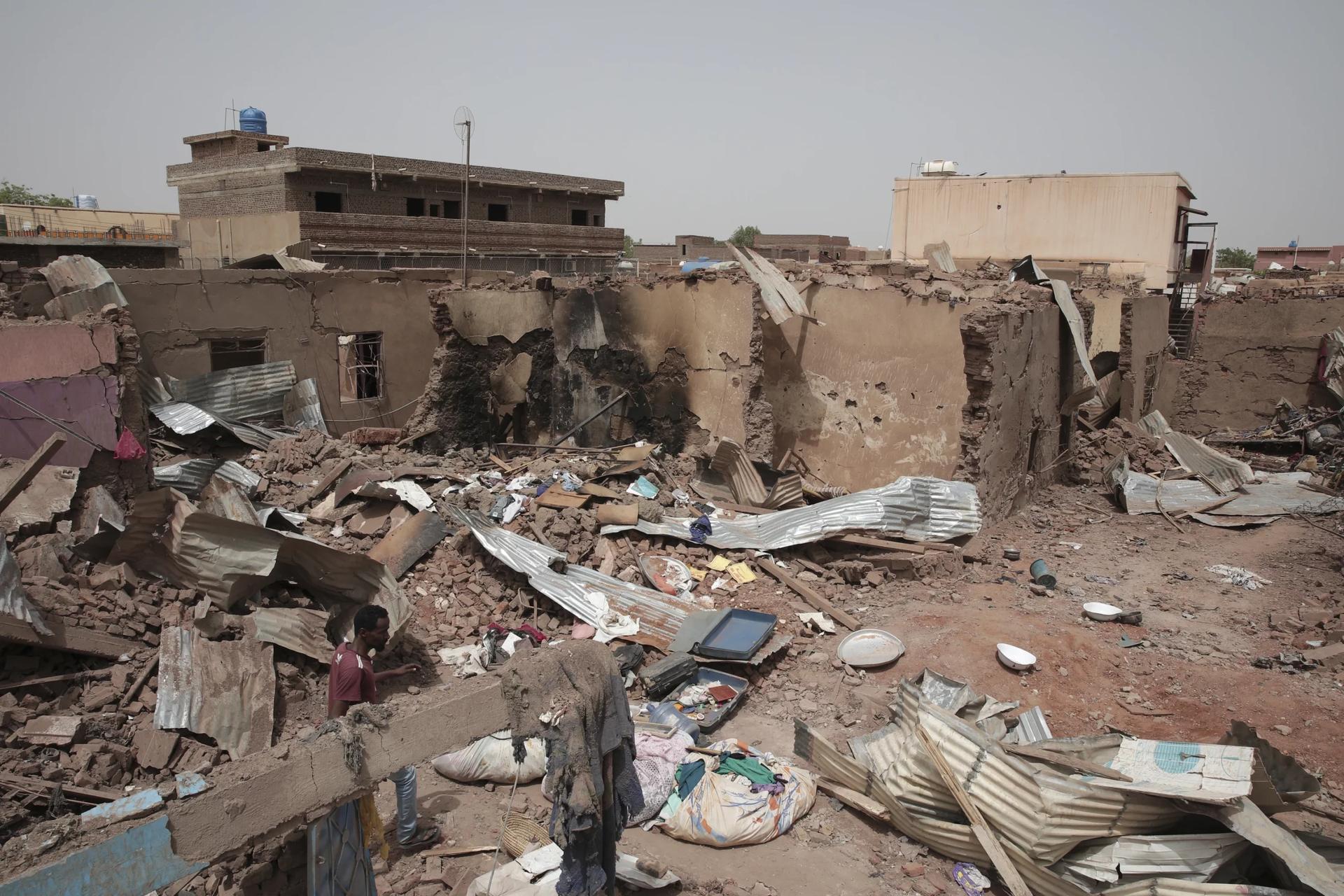YAOUNDÉ, Cameroon – Peace is so hard to find in Sudan because both sides are focused on absolute victory rather than negotiations, according to a member of the bishops’ conference.
Father John Gbemboyo, Pastoral and Social Communication Coordinator in the Sudan Catholic Bishops’ Conference, spoke after Monday’s random shelling in the Dar-Salam area of the Sudanese city of Omdurman.
It is located across the Nile from the capital, Khartoum, and left at least 120 people dead.
“There are reports of people dying in the crossfire and targeted killings based on the fact that the government forces and the Rapid Support Forces suspect the common people of being supporters of the other side,” Gbembeyo told Crux.
The latest deadly confrontation is just a continuation of a conflict that started on April 15, 2023 when violent clashes erupted between the Sudanese Armed Forces (SAF) led by General Abdel Fattah al-Burhan and the paramilitary Rapid Support Forces (RSF) led by Mohamed Hamdan Dagalo.
The two men were former allies who in 2019 jointly ousted President Omar al-Bashir from office. With Bashir out of the way, a Transitional Government under Prime Minister Abdalla Hamdok was installed, reviving hope the country could transition to democratic rule.
However, the two military rulers again ganged up against Hamdok and forced the Transitional Government out of power, but instead engaged each other in a deadly struggle over power and resources.
The fighting has already triggered thousands of deaths, forced more than 11.5 million people from their homes, and caused widespread hunger.
“The situation in Sudan is dire, taking into consideration the ongoing war, grave humanitarian situation, and the displacement of the people. Therefore, there are reports of no safe corridors for the delivery of humanitarian assistance like food and medicines to the people exist,” Gbemboyo said.
According to the UNHCR, half of Sudan’s population – some 25 million people – needs humanitarian assistance and protection. The United Nations body also reports that the country faces extreme shortages of food, water, medicine and fuel and more than half the population (25.6 million) are facing acute food insecurity, including 8.5 million of them at emergency levels.
UNICEF Regional Director for the Middle East and North Africa Edouard Beigbeder in a January 15 statement complained that children are bearing the brunt of the conflict.
“As the conflict spread into new areas between June and December 2024, more than 600 incidents of grave violations against children were reported. A staggering 80 per cent of them were accounts of killing and maiming, primarily in Darfur, Kordofan and Khartoum States,” he said.
The U.S. Secretary of State Antony Blinken has suggested that there might be a genocide unfolding in Sudan, accusing the Rapid Support Forces of targeted killings.
“They (the RSF) deliberately targeted women and girls from certain ethnic groups for rape and other forms of brutal sexual violence,” Blinken said.
He added that the same forces “targeted fleeing civilians, murdered innocent people escaping conflict, and prevented remaining civilians from accessing lifesaving supplies.”
“Based on this information, I have now concluded that members of the RSF and allied militias have committed genocide in Sudan,” Blinken said.
As the killings continue, the Catholic Church says it has stayed true to its doctrine of protecting human life.
“The Church believes in the protection of life at all costs because no one has a right to take another person’s life. So, all who aspire to be leaders of the people or country have to protect the citizens, especially women and children.” Gbembeyo told Crux.
He regretted that the extremist stances of the two warring factions make the possibility of a negotiated truce less likely.
“One of the reasons that make it hard to find a quick peaceful solution to the crisis in Sudan is that both sides are aiming for victory rather than negotiations. It is either victory or death, and so the likelihood of working for a win-win solution is far from reach, and the country is being brought to its knees,’ the priest said.
Still, the Church must continue to work for peace in the embattled country, he added.
“The Church has a moral obligation to work for peace and the Catholic Bishops of the Sudan and South Sudan for the last years have issued pastoral letters calling for immediate end to the devastating war in Sudan and also appealing to the International Community and regional bodies to help end the war in Sudan,” he told Crux.













